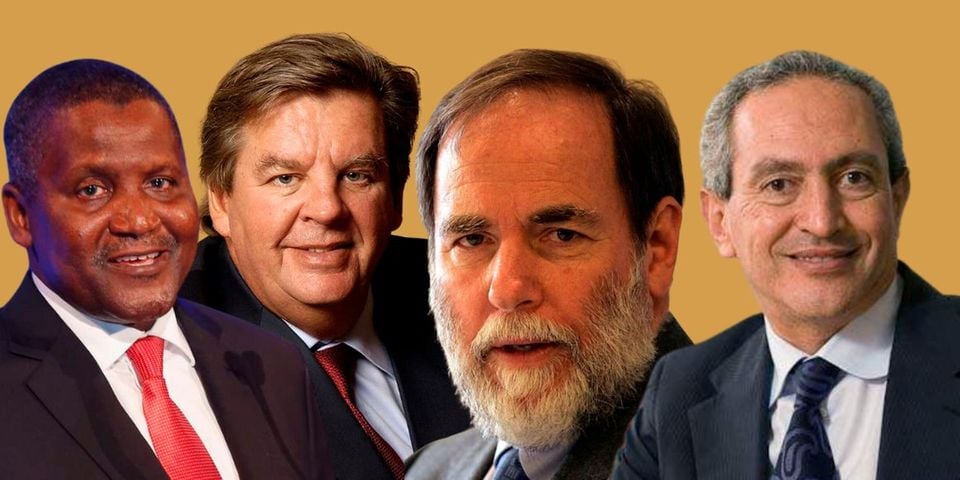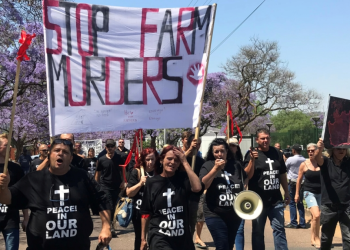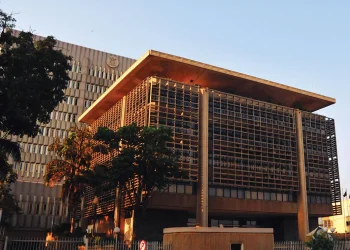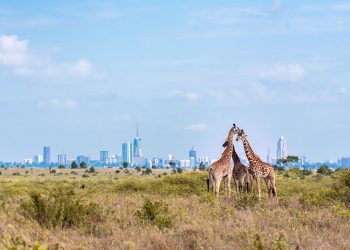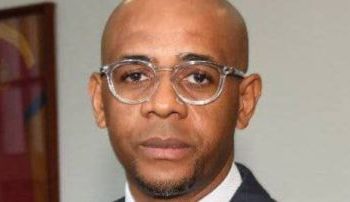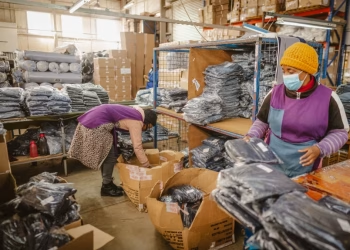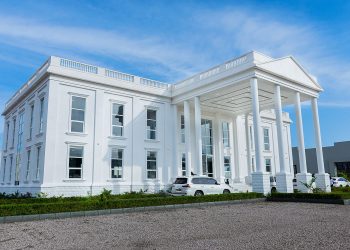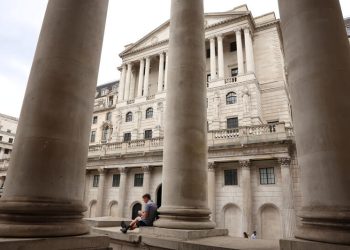A new report by Oxfam reveals that Africa wealth inequality is far worse than previously believed. The four richest individuals on the continent now hold more wealth than half of Africa’s 1.5 billion people combined. Together, these billionaires possess a staggering $57.4 billion in assets, surpassing the collective wealth of 750 million people.
The report, titled Africa’s Inequality Crisis and the Rise of Ultra-Wealth, was released on July 9. It underscores two critical issues facing the continent: deepening poverty and the extreme concentration of wealth. In 2000, Africa had no billionaires. Yet, twenty-five years later, it boasts 23. Their combined wealth has soared by 56% in just the past five years, now totaling $112.6 billion.
Oxfam identified Nigerian businessman Aliko Dangote as Africa’s wealthiest individual, with an estimated fortune of $23.3 billion. He is joined by South African tycoons Johann Rupert and Nicky Oppenheimer, and Egyptian billionaire Nassef Sawiris. The organization says these men symbolize the continent’s growing wealth gap.
Currently, the wealthiest 5% of Africans control nearly $4 trillion in assets. That figure is more than twice the combined wealth of the remaining 95% of the population. In fact, almost half of the world’s 50 most unequal countries are located in Africa, the report shows.
Fati N’Zi-Hassane, Oxfam’s Africa director, warned that this disparity threatens not just development but democracy itself. “Africa’s wealth isn’t missing,” she said. “It’s being hoarded. This growing divide is worsening poverty and undermining democratic governance.”
Meanwhile, some nations are sinking deeper into poverty. In South Sudan, for example, nine out of ten people now live in extreme poverty. A recent African Development Bank (AfDB) report stated that 92% of the country’s 12 million residents cannot afford basic necessities like food, education, or healthcare.
The AfDB also highlighted that South Sudan’s poverty rate has worsened dramatically over time. According to World Bank data, the poverty rate jumped from 51% in 2011 to 92% in 2024. The report linked this decline to ongoing conflict and falling oil production, both of which have stalled development.
Oxfam argues that government policies across Africa often favor the wealthy. Tax systems remain weak and fail to redistribute wealth efficiently. Currently, African nations collect just 0.3% of GDP in wealth taxes—the lowest rate globally. In contrast, revenue from regressive taxes like VAT has tripled, placing a heavier burden on the people whose income is below the poverty threshold.
Most countries with IMF or World Bank loans slashed spending on public services in 2023 and 2024 to meet debt obligations. Education, health, and social protection all saw budget cuts, further weakening the social safety net.
Paradoxically, Africa also loses an estimated $88.6 billion annually through illicit financial flows, draining resources that could support public investments. Additionally, 850 million Africans now suffer from food insecurity, up by 20 million since 2022.
The continent also faces stark gender-based wealth inequality. Men hold three times more wealth than women. Moreover, seven out of every ten people living in extreme poverty globally are African—a massive rise from just one in ten in 1990.
Political inequality also worsens the crisis. In Nigeria, for instance, high campaign costs and widespread vote-buying keep power in the hands of elites. Oxfam warns that such “political capture” blocks pro-poor reforms and weakens public trust.
To reverse this trend, the report recommends modest but urgent tax reforms. A 1% wealth tax and 10% income tax on the richest 1% could raise $66 billion per year—enough to close Africa’s gaps in universal education and electricity access.
Oxfam concludes that without decisive action, the continent risks economic stagnation, rising political instability, and prolonged poverty. “Inequality hinders democracy, slows down development, and worsens the climate crisis,” the report states. Bold policies are now needed to tax extreme wealth fairly and reinvest in Africa’s majority population.
READ: The World’s Black Billionaires in 2025: The Ultimate Bizmart List
